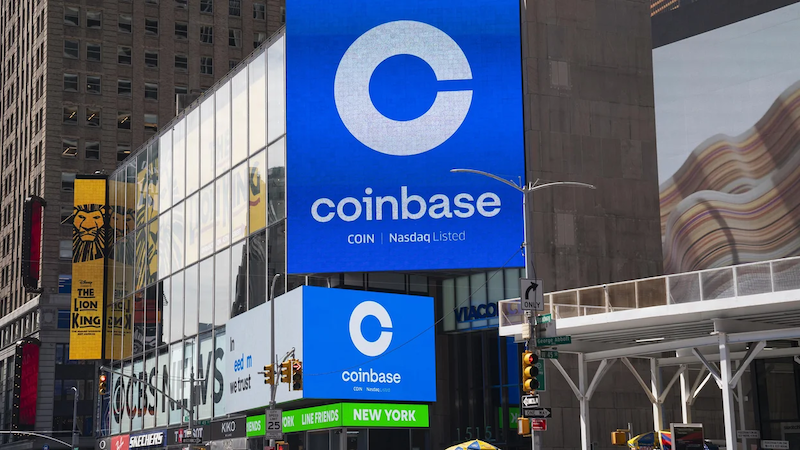Mining Theory – Can a miner mine multiple candidate blocks simultaneously, even if only one block is eventually added to the chain every 10 minutes?

I have 3 questions:
- Parallel processing of candidate blocks:
I read that every 10 minutes the miner pulls a tx from the tx_mempool, processes it, generates a candidate block, performs a proof of work, and then broadcasts it to the network. Does this mean the next tx batch will be fetched in 10 minutes? Or can the miner process multiple candidate blocks simultaneously and still pull them from the tx_pool?
Even if you mine multiple blocks in 10 minutes, if the network only picks one, you’re wasting a lot of computation.
- Time synchronization between nodes:
If multiple nodes start at different points, they must be synchronized to operate simultaneously. For example, node A starts at time t1 and node B starts at time t2. So we synchronize node B with node A’s clock. Like this…
But this may not be possible in large networks.
Just because the Bitcoin network mines a new block every 10 minutes, does that mean the ledger for each individual node is updated every 10 minutes? Therefore, regardless of when an individual node is started, its ledger will be updated within 10 minutes.
- When exactly will miners receive rewards via Coinbase TX?
Let’s say I’m a miner and I mined a block. I broadcast it to colleagues A, B, C, they broadcast it to their colleagues, and so on. When can I receive compensation? What if A’s chain accepts my block as the most recent block?

